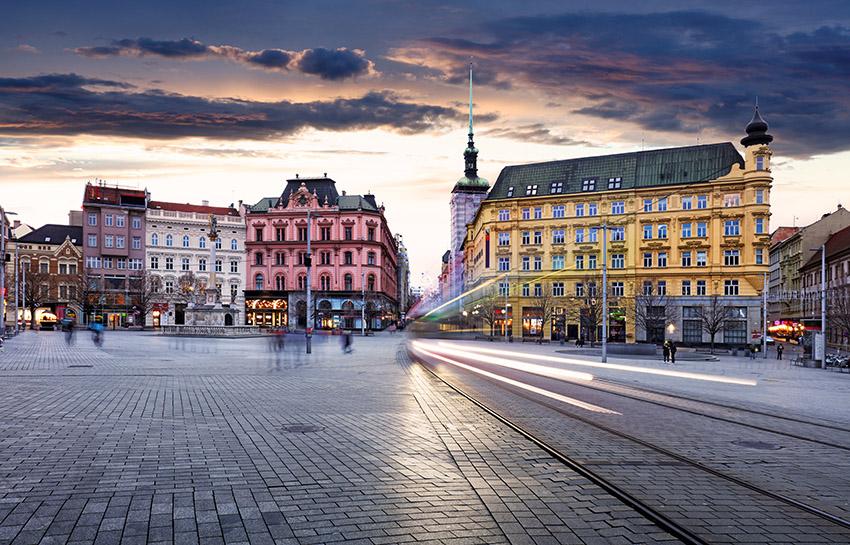Brno to borrow Up to CZK 8.8 billion for major investments
The city of Brno is set to borrow up to CZK 8.8 billion to finance a series of major investments planned over the coming years. The city council approved a draft medium-term budget outlook for 2025 to 2029 on Tuesday, which includes preparations for the loan agreement with the European Investment Bank (EIB). The repayment of the loan is expected to begin after 2029.
The borrowed funds will support key infrastructure projects, including the construction of the Janáček Cultural Centre (JKC), a multi-purpose sports hall, flood control measures, and a new retention reservoir. These investments are critical for the city’s future development, according to Brno Mayor Markéta Vaňková (ODS), who spoke to reporters following the council meeting.
Brno has a history of working with the EIB, having secured a CZK 2.5 billion loan in 2005 and an additional CZK 3 billion in 2010. As of the end of 2024, the city’s outstanding debt to the EIB will stand at approximately CZK 1.9 billion. For this year, the city budget includes a short-term loan of CZK 1.1 billion, primarily allocated for the JKC and the multifunctional hall at the exhibition centre.
The new loan of up to CZK 8.8 billion is intended to cover investments between 2025 and 2027. However, Mayor Vaňková noted that the full amount may not necessarily be used, as some planned investments could be delayed. “We will use the maximum credit framework to ensure we can plan for the necessary investments,” Vaňková explained, adding that discussions are ongoing about funding other projects, such as a social and health complex at Červený vrch.
The approved budget outlook indicates that Brno’s debt could rise to CZK 10.2 billion by 2027, approaching the legal limit for municipal debt. Alongside the increase in debt, the city expects operating costs to rise with the new infrastructure, though Vaňková assured that the city is prepared for this. She also pointed to potential relief through new legislation, such as the law on public cultural institutions, which could allow for multi-source funding for cultural organizations.
In terms of revenue, the medium-term budget forecasts CZK 21.5 billion in income for 2025, rising to CZK 22.8 billion by 2029, with expenditures of CZK 24.8 billion in 2025 and CZK 22.5 billion in 2029. From 2026 onwards, the draft does not include significant revenues from the sale of municipal assets, such as apartment buildings, which have been a key source of funding for the city’s Housing Construction Fund.
However, the city has not ruled out selling land at the Technology Park. “We are still debating the future of the Technology Park. No final decision has been made, but I believe the site could be divided into two parts—one for science and research and the other for housing development,” Vaňková said.
Source: CTK









